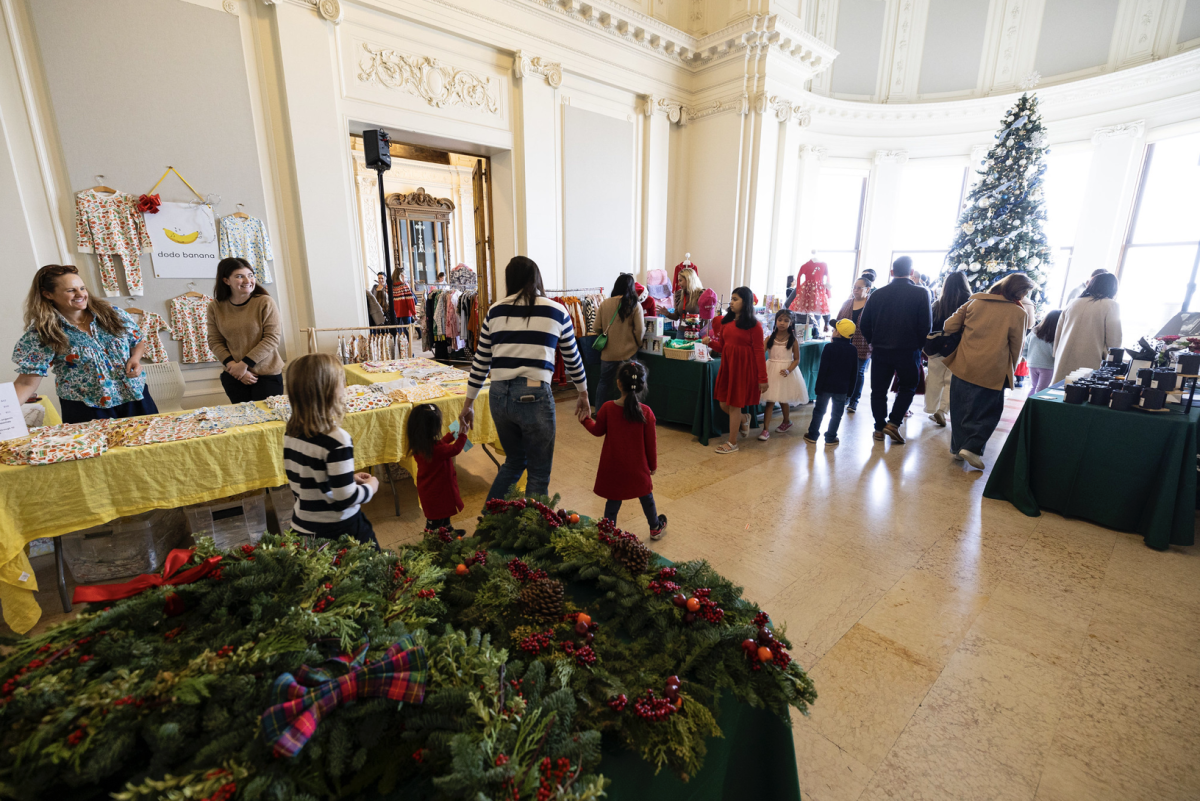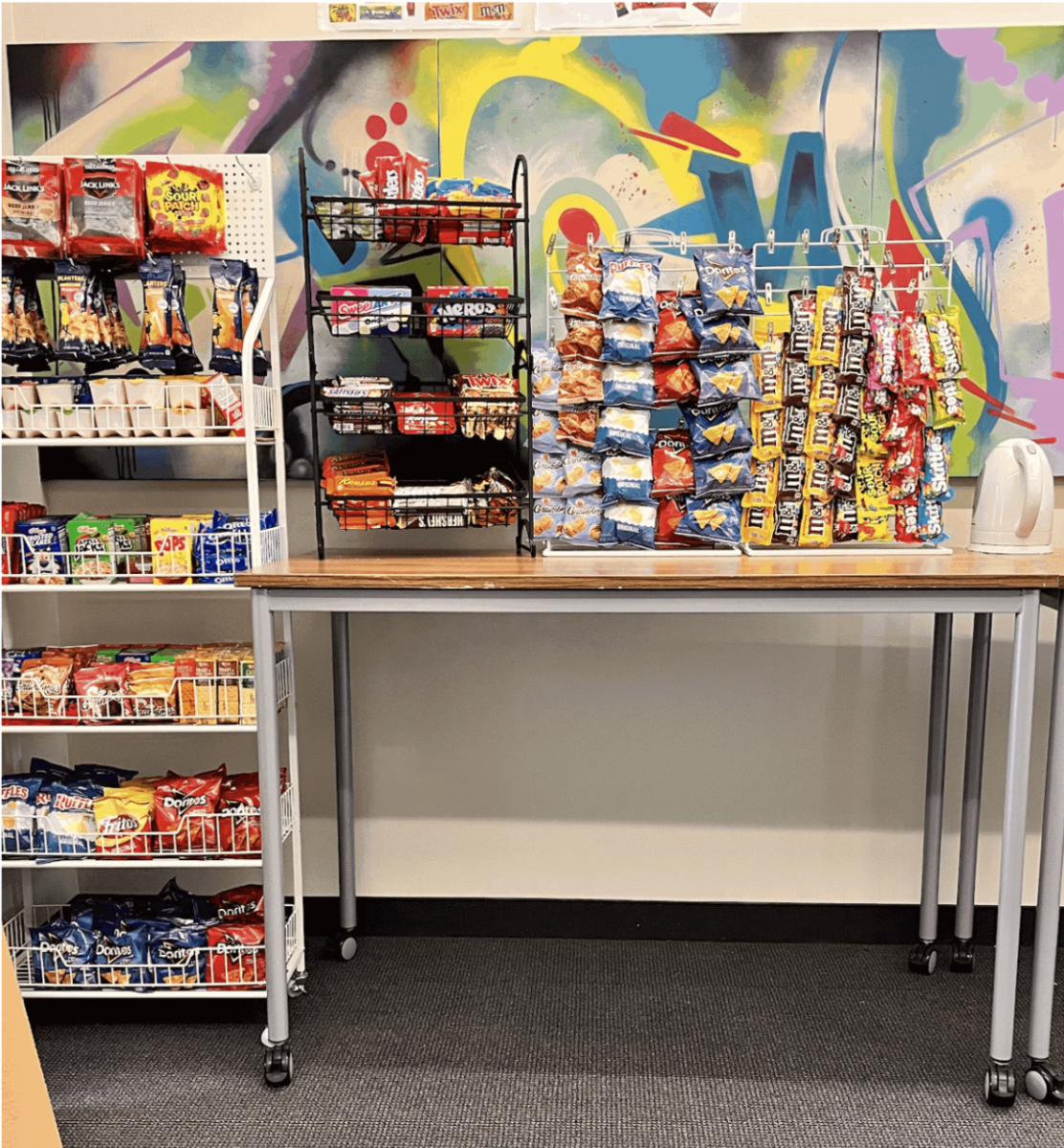Jovel Quierolo
Managing Editor
When Rory Baldwin was 9 years old, she was physically beaten up for being a lesbian.
“I tried kissing a girl I thought was pretty, and she told all the guys that I was a freak,” said Baldwin, who asked not to use her real name, “so they banded together and beat me up at recess. The teachers didn’t see it, and no one bothered to stop the fight. All the other kids just watched.”
With a broken nose and no friends, she begged her parents to move her to a different school.
“They just beat me up and left me, and I remember lying there on the pavement, crying,” said Baldwin, who now attends a large public school in San Francisco. “I didn’t understand what I’d done that was so wrong. Finally a teacher picked me up and carried me in his arms to the office. I was broken inside. I didn’t understand. I wanted what every kid wants. Acceptance.”
Lesbian, gay, bisexual, transgender, queer and questioning (LGBTQQ) teens face societal pressures on top of the anxiety of growing up. Two-thirds of LGBTQQ students reported being harassed and nearly half of them said they had experienced repeated harassment, according to the California Safe Schools Coalition.
LGBTQQ teens are more than twice as likely to be depressed, consider or make a plan for suicide, have low grades, use drugs or alcohol or to be victims of violence.
“Homophobia seems to be more acceptable than racism or sexism, and there are religious undertones that offer respectability,” said Theresa Hausser, who for five years was a resident minister at dorms at the University of San Francisco where issues of sexuality came up. “All of the normal sensitivity of adolescence gets heightened. Parents freak out. Friends freak out. There might not always be a safe space available for people to talk about their fears and hopes.”
Piper Cothram, a student at a small private school in San Francisco, says she knew she was bisexual when she was in middle school. She considered what it would be like to kiss a girl, but she never told anyone, and thought the interest was natural.
Cothram, who asked not to use her name, is semi-out of the closet. She says she has told her parents and a few close friends who respect her choice. Cothram says the pressures have not been too difficult because she has a healthy support group. But Baldwin has kept her sexuality a secret.
I’m still in the closet, as is my girlfriend,” said Baldwin. “We just can’t tell anyone now. If we stay together, then we’ll probably come out together, but I still have nightmares. Sometimes I feel like I want to kill myself. I mean, it’s hard enough as it is to be exploring relationships with people, but I can’t talk to anyone about my feelings. I’m trapped.”
LBGTQQ teens have to gauge whether or not they come out depending on their own personal safety. But even harder than young people trying to figure out how to come out or realizing their sexual identity can be people denying that truth about themselves, according to Hausser.
“People turn to substances, promiscuity – anything to try to be straight,” said Hausser. “That can put folks in a really dangerous situation physically, but also becomes damaging spiritually and psychologically in terms of knowing who they are. At the college, we tried to be a safe place for folks. They could explore or choose not to explore those issues. The primary concern was for people to be honest with themselves about who they were.”
There are not simple solutions, according to Hausser, but one approach is for everyone to develop some sense of empathy. Anyone can relate to how it would feel if there was something that someone could not change about themselves that made them unacceptable to society.
“People hear and remember and are affected by things that you say,” said Hausser. “For teens in the closet with nowhere to turn, it’s hard to keep parts of yourself hidden. Hiding stifles so much creative energy and spontaneity. It’s like watching the color part of Wizard of Oz in black and white.”
The 2000 U.S. Census shows an increase in same-sex couples that correlates with a rise in interest concerning LGBTQQ rights. Gay teenagers are coming out earlier than ever and Gay-Straight Alliance Clubs are increasing in high schools country-wide. But intolerance still plagues many LGBTQQ teens — even in San Francisco.
The month of October is LGBT history month, modeled after black and women’s history months, honoring the achievements of 31 gay, lesbian, bisexual or transgender icons. Even with a slight increase in interest in the LGBT movement, the fight for acceptance continues at a slow pace, according to Baldwin.
“People don’t have to think about homosexuality in terms of right or wrong,” said Baldwin. “People shouldn’t be treated differently for what they believe in or how they feel. I have a few really close friends and adults that my girlfriend and I can talk to, but it’s hard. My parents don’t know. It’s really hard being gay, but it’s who I am and I hope to God things get better.”








